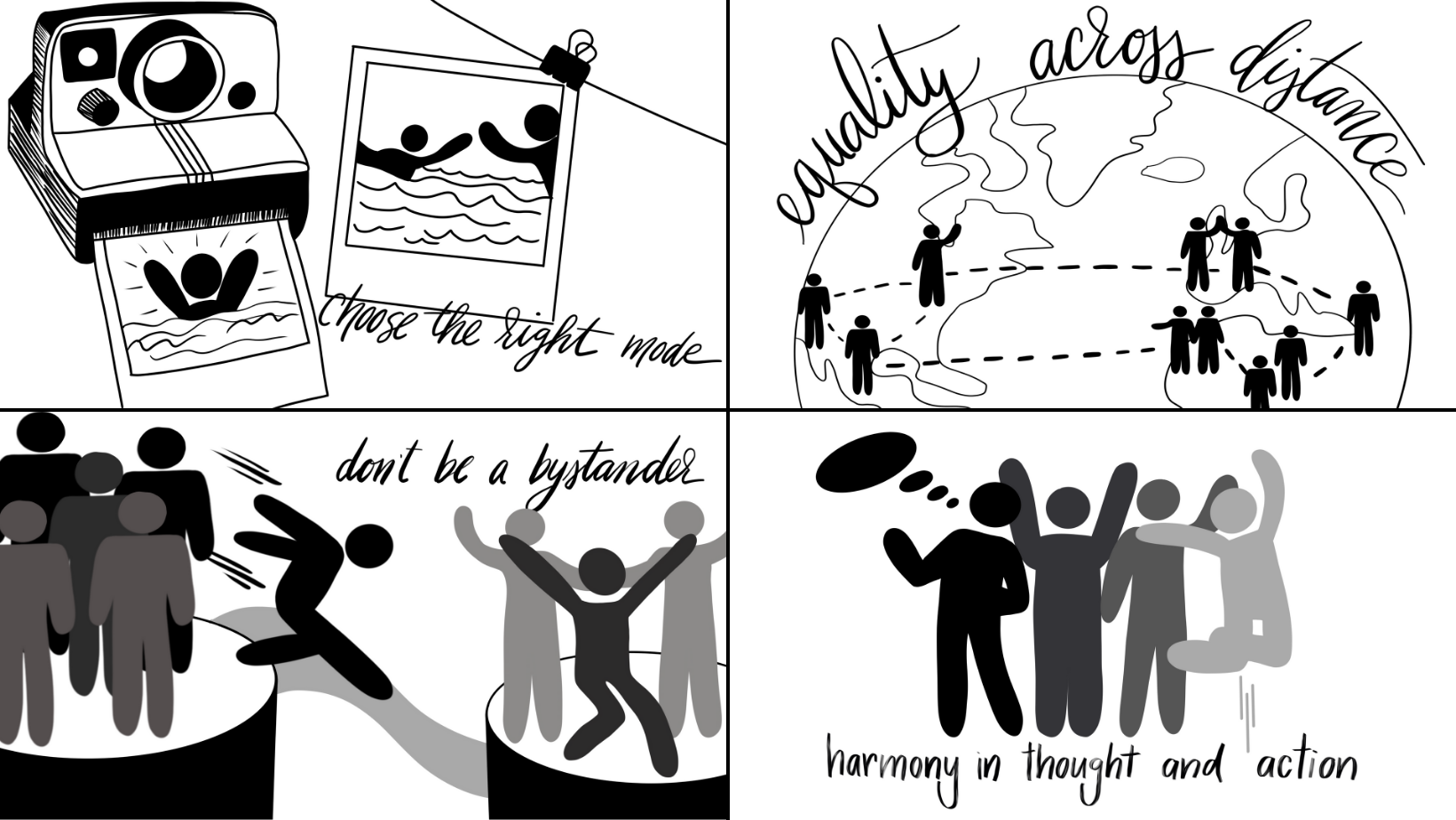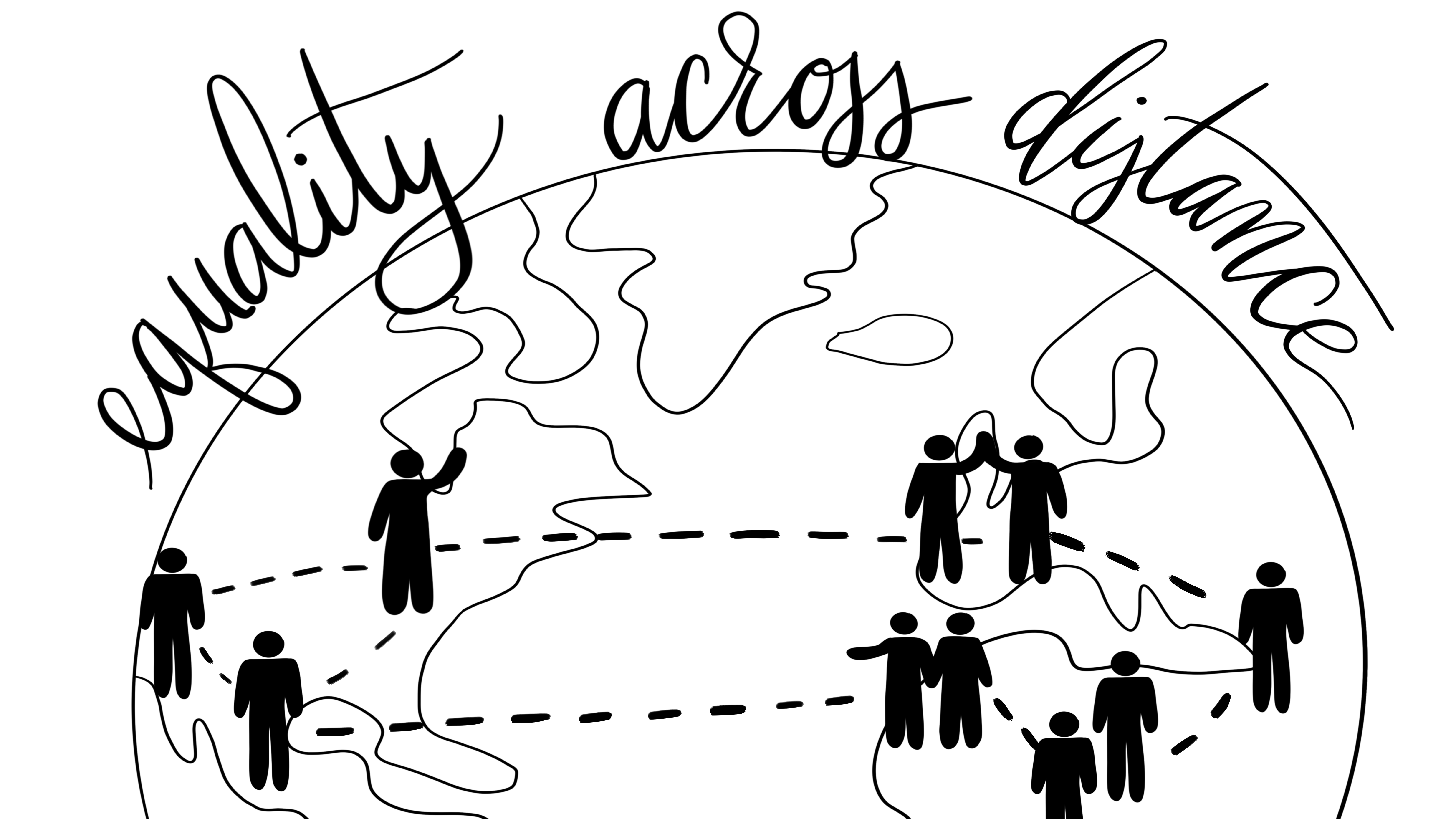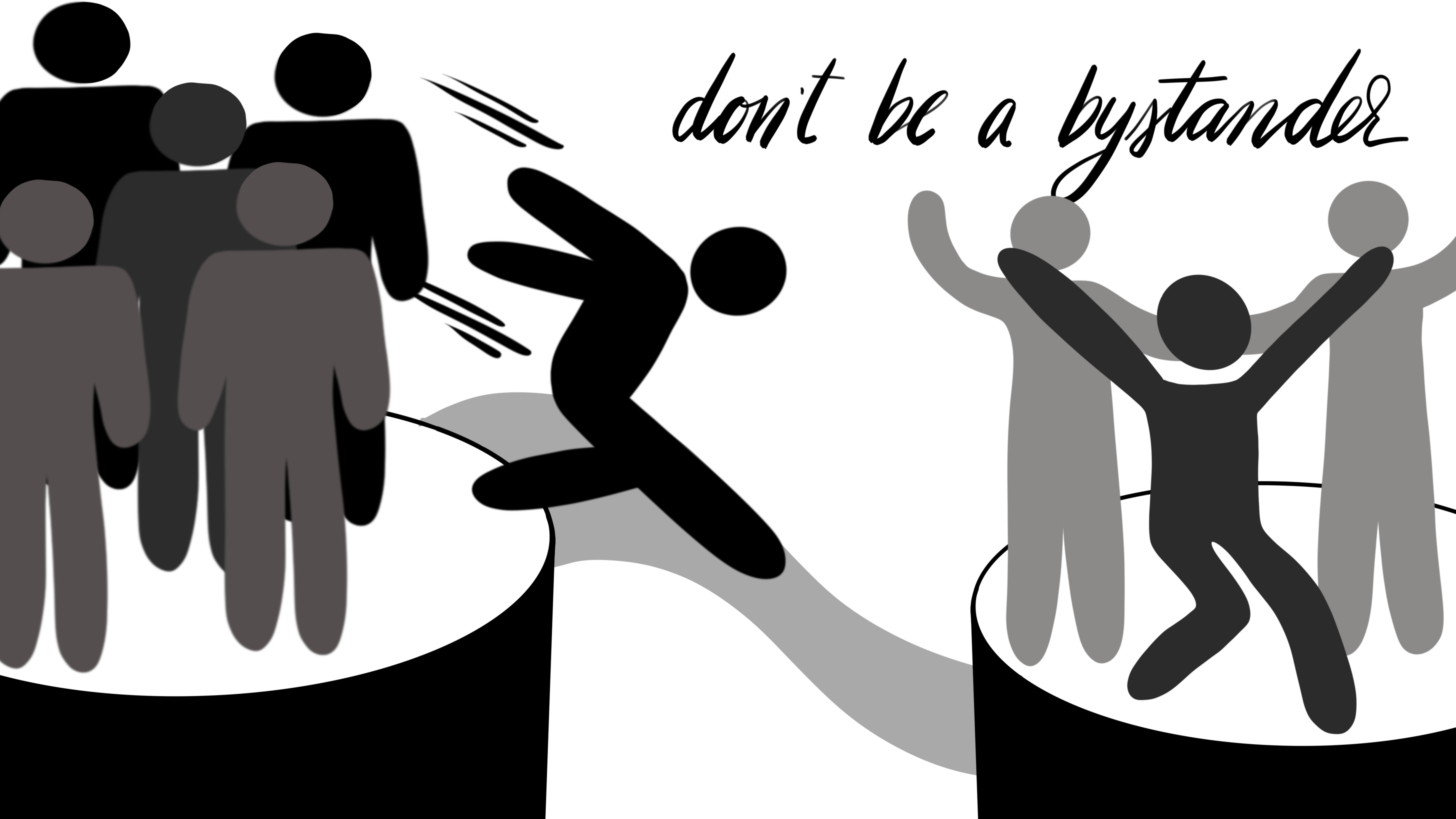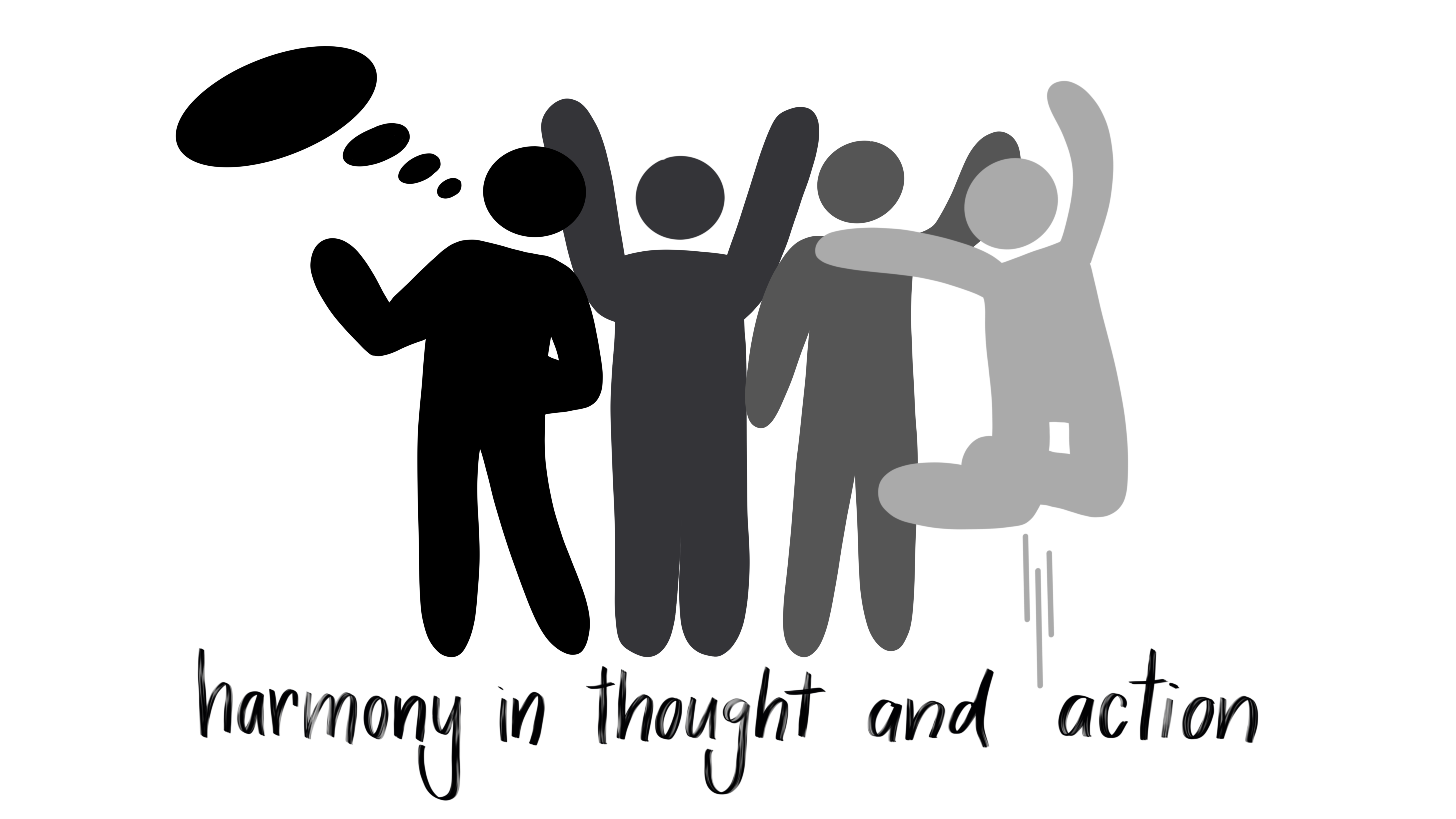The goal of this post is not to summarize "Famine, Affluence, and Morality" by Peter Singer as a whole but to underline key lessons and perspectives from the essay that I consider relevant to current effective altruist efforts.[1] As one of the foremost foundational works to inspire effective altruism, I intend for these explanations to provide someone without much prior knowledge of Singer or effective altruism to enter into the material and its implications. I highly encourage reading the whole essay if you haven't before (it's both brief and relatively easy to understand).
If there are concepts I did not include that you think would be beneficial to someone who is new to Singer, please put them in the comments!
tl;dr

Singer encourages these particular mindsets and ideas in this landmark essay:
- Choose the rational perspective when you're looking at a problem and try to counteract biases you have towards those close to you or problems you're most familiar with
- Assess your ability to help as accurately as possible and consider marginal benefits in situations where you might help
- Consider people equally across distance and geography
- Don't be a bystander; actively help the problems you see and create a moral norm of generosity
- Pursue actions that will be in harmony with the philosophies you hold
Context
Peter Singer is a moral philosopher and professor of applied ethics best known for his writing on animal welfare and global poverty.[2] In 1971, a refugee crisis caused by military activity in East Pakistan prompted Singer to consider the lack of help from affluent nations to those in need in the situation.[3] The essay posits two main arguments: that those in relatively affluent countries should feel a moral obligation to help those in need around the world; and that "if it is in our power to prevent something bad from happening, without thereby sacrificing anything of comparable moral importance, we ought morally, to do it."[4]
On Twitter or in other spaces of effective altruism, you may have seen references to the analogy of saving a child drowning in a pond. In "Famine, Affluence, and Morality," Singer likens the moral obligation to try to save a child you can see drowning in a pond to the moral obligation to save a life through effective giving—regardless of the person's geographical proximity to you. Singer uses this analogy to explore and explain the concepts I detail below.
Key lessons and perspectives
Choose the right mode

One of the reasons this essay is easy to understand is Singer's use of metaphors to explain his key arguments. Alongside the analogy of the child in the pond, Singer uses the analogy of our evolutionary instincts of survival and reproduction versus our intentional use of reason to different modes of a camera.
In the preface to the 2016 edition of the essay, Singer sympathizes with our natural inability to help those far away from us; he acknowledges that helping "distant strangers" does not seem logical to our evolutionary instinct that cares about our individual survival and that of our direct kin.[5] He categorizes this as the "point-and-shoot' response," where we naturally care more about those close to us versus those far away from us.[5]
Instead of this, Singer encourages us to switch to "manual" mode as the more accurate way of thinking. When we choose to look beyond our evolutionary instincts, we see that a life lived in a different country matters just as much as a life lived in our own city or region. In choosing "manual" mode, we're able to see more clearly and accurately—enabling us to choose the more humane way of thinking, which values all lives equally.
Another aspect of manual mode for Singer is being able to assess when your actions would be truly helpful in reducing suffering. As part of seeing and thinking accurately, Singer advocates for assessing your marginal benefit in a situation: spend the effort to reduce suffering until the effort you would have to spend would equal the reduction in suffering.
Equality across distance: expand your moral circle

Note: you can read more about this particular concept in Singer's work The Expanding Circle: Ethics, Evolution, and Moral Progress, originally published in 1981.
In The Expanding Circle and in Famine, Affluence, and Morality, Singer argues that we should equally consider all people—regardless of their distance from us. If we believe in equality and want equality in our own country or city, we have to extend this belief to all people. If we would feel compelled to help a charitable cause in our area, we need to consider it alongside the causes and concerns of people everywhere.
An astute part of Singer's argument is the observation that the world has developed into a "global village." With the ability to know about suffering in other parts of the world and the potential to address it, Singer argues that we no longer have any "possible justification for discriminating [in our altruistic efforts] on geographical grounds."[6] We can't turn a blind eye to suffering in other countries or pretend we aren't aware of a global tragedy.
Another note: while many people might accept equality as an intrinsic value, many people struggle with the argument that we should weigh local, familial, or national concerns against global concerns or those of people in other places. For more reading and arguments on the ethics of moral circle expansion, click here.
Don't be a bystander

In assessing whether or not we should donate our resources, Singer argues that we probably overestimate the number of people that are helping in any given situation. We shouldn't assume that other individuals are already addressing the problem, nor should we assume that the government will address it. Singer puts the onus of action on the reader to act and not be a bystander to the world's problems. Even if we overestimated the need for help and too many resources were thrown at a problem, Singer estimates this would still be better than people doing less than they ought to do.
Another aspect of this mindset is being harsher towards those who don't help others. As Singer puts it, "The charitable man may be praised, but the man who is not charitable is not condemned." [7] Singer advocates for new moral standards of giving that view generosity as the norm, judging and criticizing those who aren't giving as outside of that moral norm.
Harmony in thought and action

Singer finishes the essay by calling out his fellow philosophers and those who have more money than they need to support themselves and their dependents. He calls on philosophers in particular to take their ideas seriously by living them out into the world. As he puts it, if you believe that people matter equally and you are capable of giving, "taking our conclusion seriously means acting upon it."[8] To put it another way, Singer advocates for an active moral philosophy that harmonizes thoughts, beliefs, or values with individual actions.
Another aspect of this harmony that he describes is self-awareness and honesty with yourself. In another essay of his titled "The Singer Solution to World Poverty," he lists the phone numbers for Oxfam America and UNICEF. Then he challenges his reader: "Now you, too, have the information you need to save a child's life. How should you judge yourself if you don't do it?"[9] Singer encourages us to reflect on our own ability to help others and let our beliefs guide our actions.
This post is dedicated to the 1st Richter, without whom I would not be writing here!
- ^
"Famine, Affluence, and Morality" was originally published in Philosophy and Public Affairs 1, no. 3 (Spring 1972): 229-43. Throughout this post, I cite a recent publication of a few of Singer's essays titled Famine, Affluence, and Morality (New York, Oxford University Press, 2016).
- ^
Singer has a great website on himself and his work here that links to his books and articles if you'd like to learn more about him. His academic bio is also available on Princeton's website, where he teaches.
- ^
Singer, Famine, Affluence, and Morality (New York, Oxford University Press, 2016), ix.
- ^
Singer, Famine, Affluence, and Morality, 6.
- ^
Singer, Famine, Affluence, and Morality, xxvii.
- ^
Singer, Famine, Affluence, and Morality, 8.
- ^
Singer, Famine, Affluence, and Morality, 14.
- ^
Singer, Famine, Affluence, and Morality, 32.
- ^
Singer, "The Singer Solution to World Poverty," in Famine, Affluence and Morality, 40.




Really enjoyed this summary - you succeeded in managing the tone of Singer's writing, and the style seems really approachable.
Also your illustrations, as Thomas pointed out, are brill!
I especially like the phrasing:
>"In assessing whether or not we should donate our resources, Singer argues that we probably overestimate the number of people that are helping in any given situation."
Overall seems like people still overestimate this after hearing about EA - maybe even more than before!